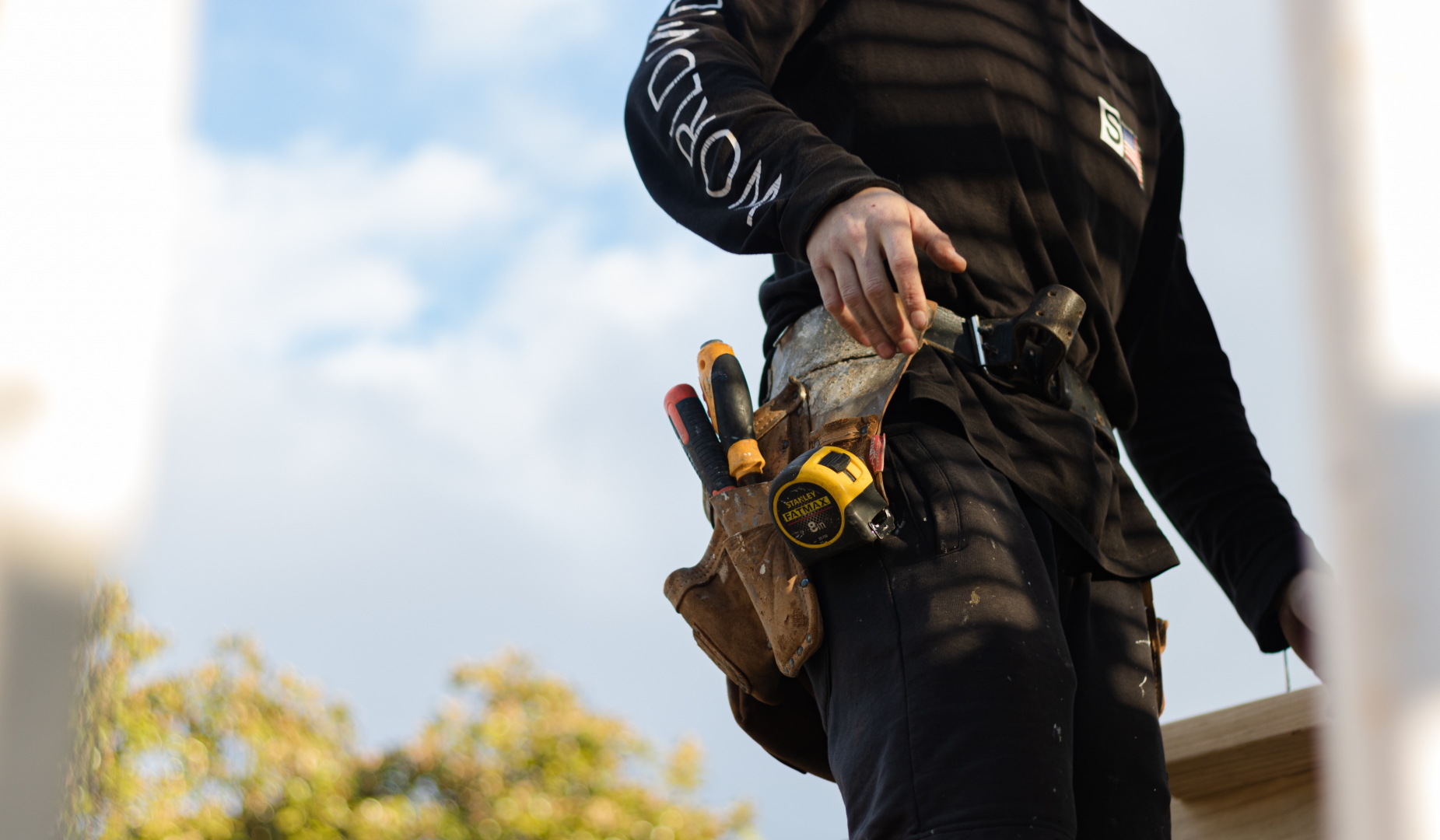Make more money by working outside your strike zone
Every financial advisor we deal with has a sweet spot for the type of loans they are most comfortable dealing with. Some make hundreds of thousands of dollars a year working almost exclusively in non-bank or specialist lending, some concentrate on construction loans, and others only work with the major banks.
The most successful financial advisors learn to work across all types of loans and pick up the phone to talk to expert lenders when a loan application isn’t in their strike zone.
But many financial advisors just walk away from loan applications that aren’t in their strike zone and miss out on tens of thousands of dollars in commission.
We often hear stories of brokers turning away $1 million construction deals because that’s not their speciality. But little do they know that they are turning away around $15,000 in commission.
So when you’ve got a loan application outside your strike zone, the key thing is to ask questions. Talk with your clients to understand what they need the money for, if they can afford repayments and how they plan to exit the loan agreement.
Once you’ve got this top line information about your client’s situation, you are ready to have a conversation with us. We can figure out pretty quickly if your client is suitable for Southern Cross Partners lending.
We can also step you through how your commission will work for your loan application.
Generally, financial advisors charge between 1% and 1.5% of the total value of the loan. We then pay this to the financial advisor upfront as soon as we lend money to the borrower.
Commission rates with specialist lenders are considerably higher than what the traditional banks offer. Also, unlike the banks we’ve structured our business to avoid drip feeding commission payments across the lifetime of a loan.
So, there is money to be made by learning to work outside your strike zone. It’s just about asking the right questions and working with the right people.



.jpg)